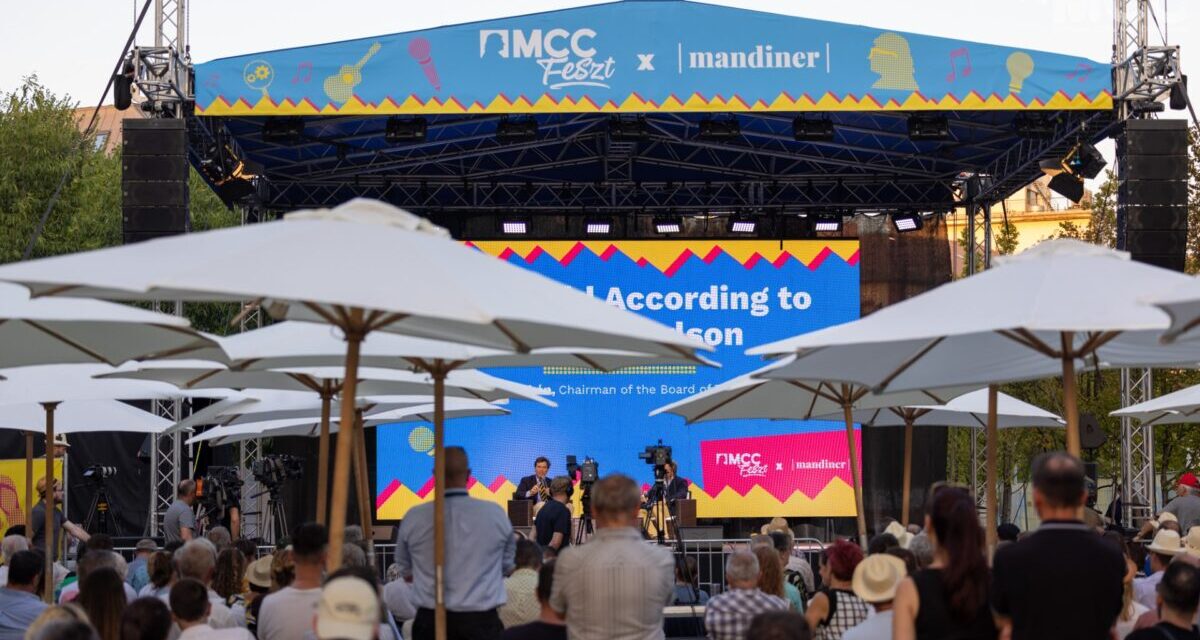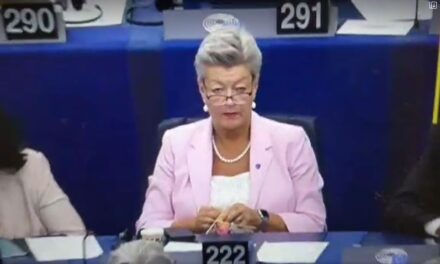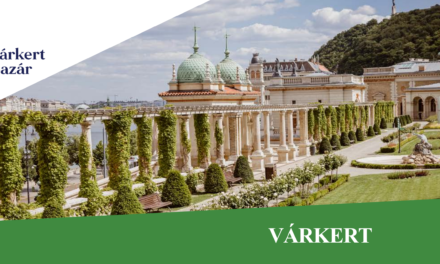With the accelerating decline of the liberal world order and the emergence of a new, multipolar world order, the world faces ever more dangerous times.
With the accelerating decline of the liberal world order and the emergence of a new, multipolar world order, the world faces ever more dangerous times. The era of Pax Americana is over. The literature debates under which president this started - there are also arguments in favor of the George Bush and Barack Obama periods, but some place the roots of the process even earlier - but with Biden's fiasco in Afghanistan, the phenomenon became clear.
The desperate escape they produced against the Taliban reminded viewers of the 1975 evacuation of Saigon. Enemies of the American order apparently emboldened by this dared to move on: this was followed by the war in Ukraine, and then the Israeli-Hamas war.
The question is: who will be the next to step into the world without world order?
States face serious and difficult dilemmas to find a strategy for achieving prosperity in an uncertain age.
The world is moving more and more towards the bloc, and international trade is becoming difficult, the previous, well-built structures, roads and connections are becoming confused.
It is enough to think of the case of the ship Ever Given, which got stuck in the Suez Canal in 2021, blocking global trade for weeks. Now the Houthi rebels in Yemen are causing serious disruptions. All this shows that our world order is fragile, sanity and stability must prevail.
It is an exciting question who will be the great powers of the future.
The multipolar world order can handle several actors aspiring to superpower status. Although America is a declining superpower, it is still a superpower for the time being. China and Russia clearly want to be challengers, but India also wants to join the ranks.
The members of the BRICS countries, Brazil and South Africa, are similarly important actors, however, the role of other countries is also decisive, for example that of Iran. These characters maintain a complicated relationship with each other, even the relationship between America's challengers is not without conflicts.
Our future will be determined to a significant extent by how these global and local conflicts develop, who will ultimately triumph in the economic, political and sometimes military match.
There will also be a panel discussion on the above topics at this year's MCC Fest in Esztergom under the title "On stormy seas: Global prospects for 2024 and beyond".
The conversation will be attended by Peter Frankopan, author of the world-famous book series The Silk Roads, professor at Oxford University, Egyptian foreign policy expert Gamal M. Selim, writer C. Raja Mohan, nuclear physicist, expert on India's foreign policy, Rudolf Adam, former vice president of German intelligence, nuclear strategic expert and Jing Long, deputy director of the Center for European Studies at the Shanghai Institutes for International Studies.
This year, the MCC Festival takes place in Esztergom between August 1 and 3.
Cover image: The organizers of the MCC Fest are preparing exciting podium discussions again this year
Source: Facebook/MCC Fest













